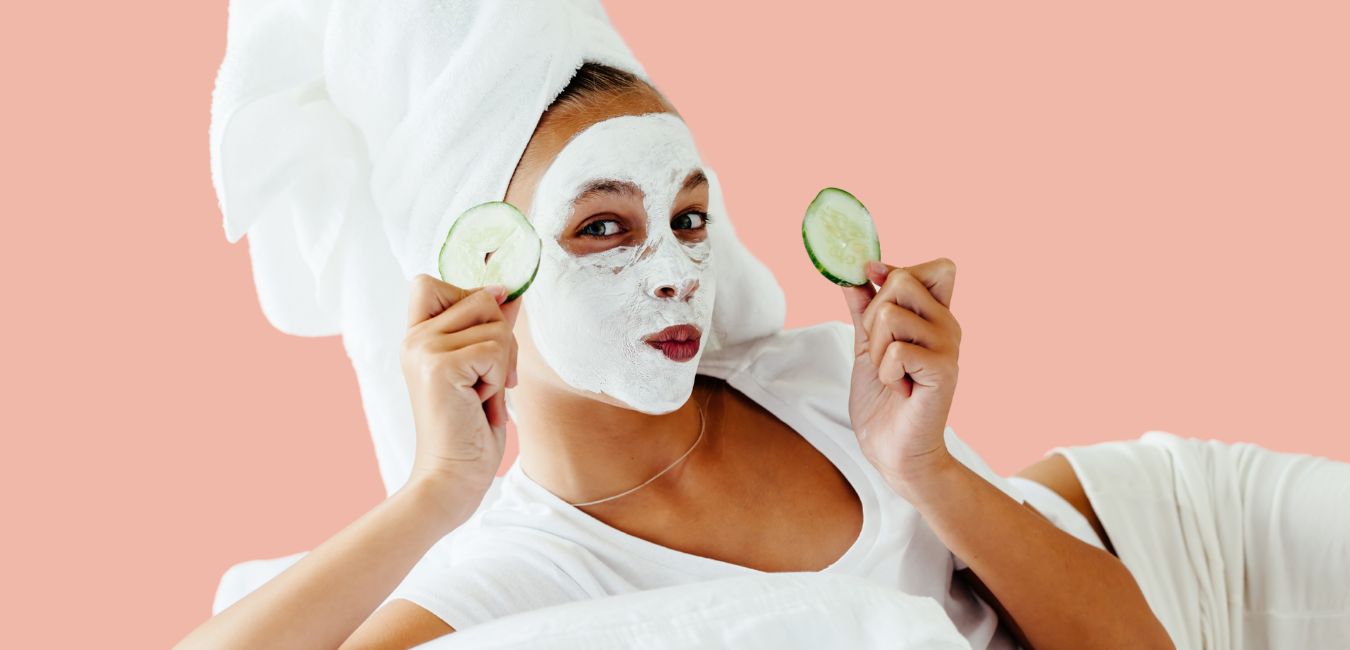
What Not to Say to Teens Struggling with Their Skin.
As adults, we understand the impact that our words can have on a child's self-esteem and confidence. When it comes to children struggling with skin issues, our words carry even more weight. While our intentions may be good, certain phrases and comments can inadvertently harm a child's self-image and exacerbate their emotional distress. In this blog post, we'll explore what not to say to teen’s struggling with their skin and offer guidance on how to provide support and encouragement instead.
"It's Just a Phase”
Dismissing a child's skin concerns as a passing phase undermines the seriousness of their experience. Skin issues can significantly impact a teen's self-esteem and social interactions, and minimising their struggles can make them feel unheard and invalidated. Instead, acknowledge their feelings and reassure them that you're there to support them through their journey to healthier skin.
"You Should Wash Your Face More Often"
Implying that poor hygiene is the cause of a child's skin issues can be hurtful and damaging. In reality, many factors contribute to skin conditions, including genetics, hormones, and environmental triggers. Instead of blaming your teen, focus on proactive solutions such as establishing a gentle skincare routine or seeking professional advice from a healthcare professional.
“You're Beautiful, Despite Your Skin”
While the intention behind this statement may be positive, it inadvertently reinforces the idea that skin imperfections detract from a teen child's beauty. Instead, emphasize that beauty comes in all shapes, sizes, and skin types, and that true beauty stems from confidence, kindness, and self-acceptance.
Ignoring the Problem
Ignoring a teen's skin concerns doesn't make them disappear. In fact, it can exacerbate feelings of frustration, embarrassment, and isolation. Encourage open communication with your teen about their feelings and experiences, and empower them to seek treatment and take proactive steps towards improving their skin health.
Validate their Emotions
Invalidating a teen's emotions by downplaying the significance of their skin struggles can be deeply hurtful. Every teen's experience is valid, and it's essential to validate their feelings and offer empathy and support. Let them know that it's okay to feel frustrated or upset and that you're there to listen and help them navigate their emotions.
Stop Comparison
Comparing a teen to others, especially regarding their appearance, is damaging to their self-esteem and confidence. Each teen is unique, and their skin journey is their own. Instead of making comparisons, focus on celebrating their individuality and encouraging them to embrace their uniqueness.
Provide Support
While it's true that some skin issues may improve with time, offering false hope or unrealistic expectations can be detrimental to a teen's mental health. Instead, focus on providing practical support and guidance to help manage their skin concerns effectively.
Supporting a teen struggling with their skin requires empathy, understanding, and sensitivity. By avoiding these harmful phrases and offering genuine support and encouragement, you can help nurture their confidence and resilience as they navigate their journey to healthier skin and a positive self-image. The words we choose have the power to uplift and inspire – let's use them wisely to empower and encourage our teens every step of the way.


